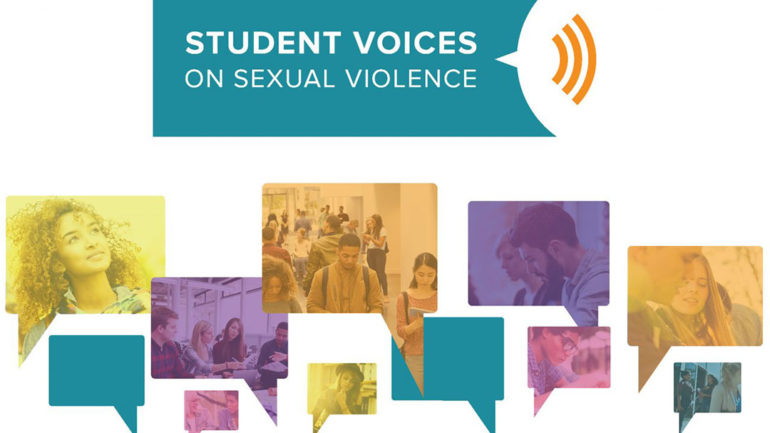Keysha Watson
The results of the Student Voices on Sexual Violence survey that polled more than 160,000 students from universities, colleges, and private career colleges across Ontario will be released to the public in the fall of 2018. However, the survey results will be shared with institutions this summer.
The data collected from the survey, which ran from Feb. 16 to April 2, will be analyzed and reports will be provided to the Ministry of Advanced Education and Skills Development as well as each institution.
Meg Houghton, associate dean of student wellness and equity at Humber College’s North campus, said Humber is making an extensive effort to ensure that they have an informed approach that is survivor centric when it comes to addressing sexual violence on campus.
However Houghton made it clear that there is a major need for a survey of this kind as there are no statistics regarding sexual violence on campus.
“I do not have any statistical information at this juncture. It’s all anecdotal at best at this point, but we will have clear information on [sexual violence rates at humber] when we get the survey results,” she said.
The online survey, sent to students via email invitation, is intended to collect information about how students perceive, understand and respond to sexual violence, as well as how institutions address sexual violence from a student perspective.
The ultimate goal is to “create a survey that is scientifically rigorous, methodologically sound, and administered ethically to limit trauma for survivors,” said Yanni Dagonas, the issues management and media relations unit communications branch representative for the ministry. “Students’ responses will provide a rich dataset that institutions can use to assess and improve their support of students affected by sexual violence.”

CCI Research conducted the survey on behalf of the Ministry of Advanced Education and Skills Development, colleges, private career colleges and universities in Ontario. The survey was created as a joint effort between students, experts from the Roundtable on Violence Against Women, and the postsecondary education sector.
It was composed of 52 questions on the following themes: knowledge of institutions’ sexual violence supports, services, and reporting procedures; perceptions of consent and rape myths; experiences of sexual violence; satisfaction with institutional responses to sexual violence; and behaviors as bystanders.
On March 8, 2016, the government formally modified the Ministry of Training, Colleges and Universities Act and the Private Career Colleges Act to require institutions to have sexual violence policies and report to the minister or the superintendent on the effectiveness of those policies.
The implementation of ‘It’s Never Okay: An Action Plan to Stop Sexual Violence and Harassment required all colleges, universities and private career colleges to implement stand-alone policies to address sexual violence affecting students, and to review those policies at least once every three years.
The results obtained from the survey are expected to enhance a college or university’s understanding of its students’ perceptions of and experiences with sexual violence.
“A lot of work went on at the provincial level to design a tool that was going to give us the answers that would help us really guide our approaches to benefit survivors and ideally eliminate sexual violence,” said Houghton. “But none of us went into a process with any sort of predetermined outcome in mind.“
The survey marks a major milestone for the ministry of advanced education and skills development.
“The Student Voices on Sexual Violence survey is the first province-wide survey of postsecondary students about sexual violence in Ontario,” said Dagonas. “This survey is one component of a multi-faceted strategy to better understand and respond to sexual violence and harassment on campuses here in Ontario.”
The second cycle of the survey will take place in 2021 as a follow up to the results originally obtained during the 2018 cycle.

